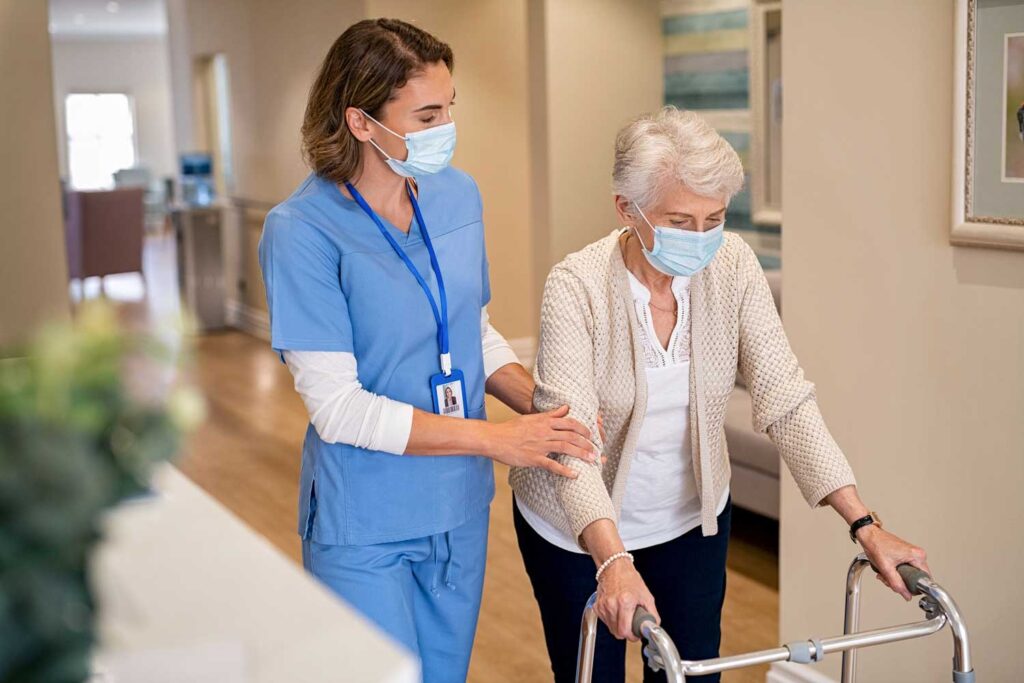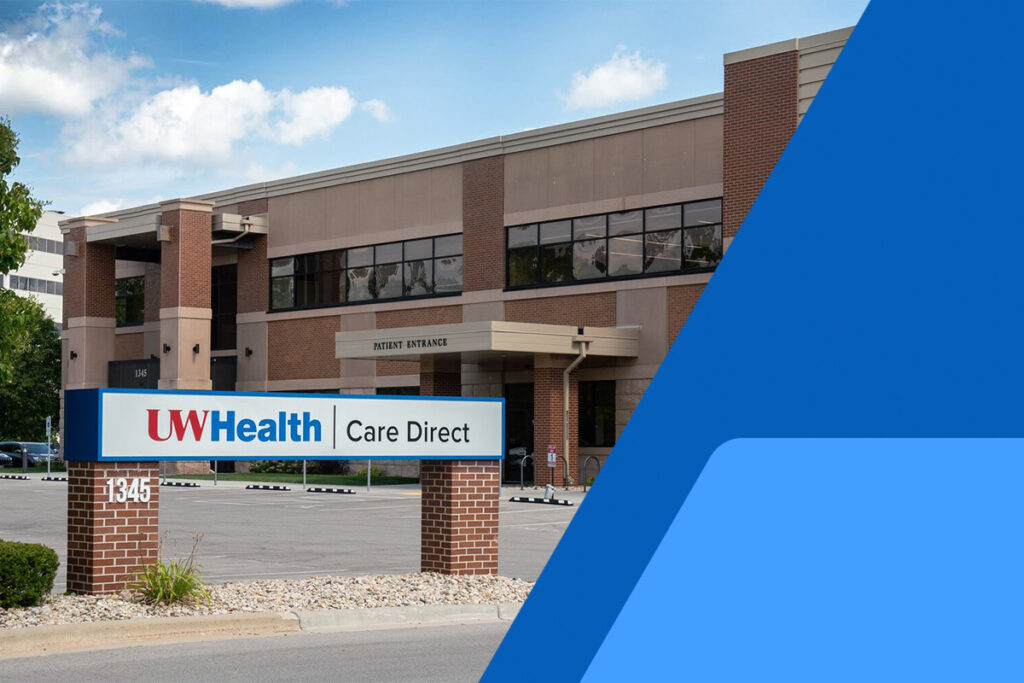UW Health Care Direct
Advance your career with a growing organization
At a time of innovation and growth, the demand for home-based healthcare is expanding.
If you seek independence, flexibility, and the chance to engage and support patients in the comfort of their home, a career with UW Health Care Direct’s team of home-based care professionals offers a compelling opportunity.
Many of our team members have discovered that providing services to patients in their home creates a positive impact on the lives of those recovering from surgeries, hospital stays, or prolonged illnesses.
Our Mission Statement: As healthcare providers, we expect to be the best at what we do and do what is right every time. We hold ourselves accountable to safety, service, and compassion. Through these values, we strive to make a difference in the lives of our patients and employees.
UW Health Care Direct offers a competitive salary and benefits package that includes generous Paid Time Off, health, dental and vision insurance plus a 401(k)-retirement plan with a generous employer match. Additionally, certain roles within our team, including customer service representatives, provide the option of a hybrid work environment.
A variety of career options
At UW Health Care Direct, we are committed to safety, service, and compassion and to give our best to each other and to every patient we serve.

Clinical Therapies and Specialties
We offer opportunities in these areas:
- Enteral Therapy
- Respiratory Therapy
- Occupational Therapy
- Physical Therapy
- Speech Therapy
- Social Work
- Phlebotomy
- Home Health Aide
- Infusion Pharmacy

Patient and Customer Support
We offer opportunities in these areas:
- Home Medical Equipment
- Reimbursement and Billing
- Delivery, Warehouse, Showroom/Retail Support

Nursing
We offer opportunities in these areas:
- Home Health
- Home-based Hospital Care
- Ambulatory Infusion Suite
- Home Infusion
Benefits at a glance
Employee benefits engineered for you
UW Health Care Direct values an optimal work-life balance! Many positions offer flexibility of schedules and autonomy. Our generous Paid Time Off (PTO) policy allows employees to take time off when it best suits their personal schedule.
UW Health Care Direct offers a competitive salary and benefits package that includes lucrative Paid Time Off, health, dental and vision insurance plus a 401(k)-retirement plan with a generous employer match.
We recognize diversity and inclusion in the workforce, which is essential to creating a safe environment for employees and ultimately improving patient outcomes.


